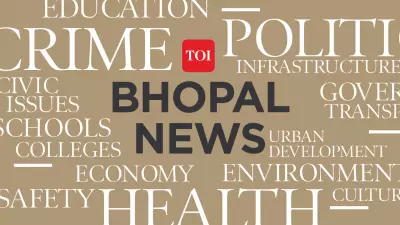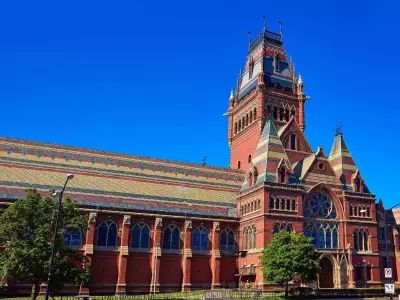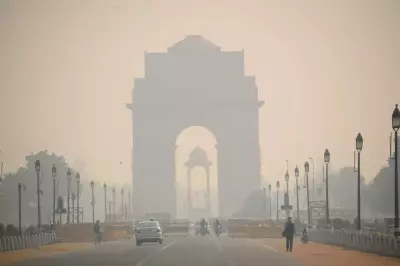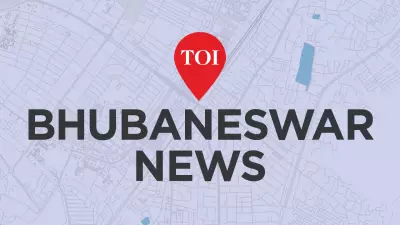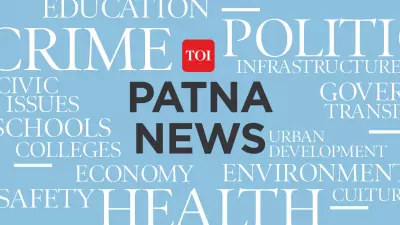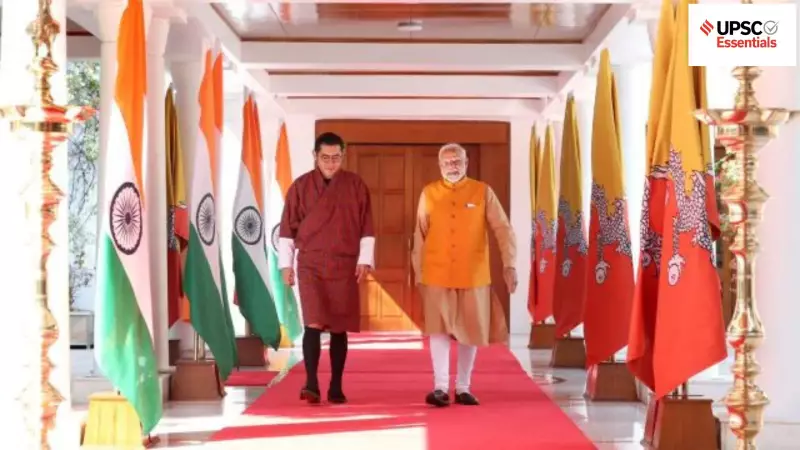
UPSC Mains Answer Writing Practice: GS Paper 2 Focus Areas
For candidates preparing for the UPSC Civil Services Examination 2026, developing strong answer writing skills for General Studies Paper 2 remains crucial. This practice session focuses on two significant topics that frequently appear in the mains examination: the evolving India-Bhutan bilateral relationship and the constitutional role of the Attorney General of India.
Question 1: Analyzing India-Bhutan Strategic Partnership
The bilateral relationship between India and Bhutan represents one of the most stable and friendly partnerships in South Asia, characterized by deep historical connections and mutual strategic interests. Formal diplomatic relations established in 1968 have evolved significantly, with the foundational Treaty of Friendship and Cooperation signed in 1949 providing the basic framework for engagement between the two neighboring nations.
Recent developments highlight the continuing strength of this relationship, notably demonstrated by the Indian Prime Minister's visit to Bhutan to participate in the 70th birthday celebrations of the fourth king of Bhutan, Jigme Singye Wangchuck. Known popularly as K4, this monarch interacted with twelve Indian Prime Ministers during his three-decade reign, from Indira Gandhi through to Dr. Manmohan Singh.
The strategic cooperation between India and Bhutan spans multiple critical areas:
Hydro-power Development: Energy collaboration has emerged as a cornerstone of the bilateral relationship, with several successful joint ventures. The 336-MW Chukha power project, initiated in 1974 and formally inaugurated in October 1988, marked the beginning of this productive partnership. Subsequent projects include the 60 MW Kurichhu Hydropower project, which addressed energy shortages in eastern Bhutan while exporting surplus electricity to India, and the massive Tala Hydropower project generating 1,020 MW of electricity.
Security Cooperation: Bhutan's crucial assistance in security matters, particularly during the 2003-04 operations to flush out militants from Bhutanese territory, demonstrated the depth of strategic trust between the nations. India provided essential logistical support to Bhutanese troops during these operations, leading to the dismantling of militant camps and marking a significant milestone in bilateral security coordination.
Diplomatic Evolution: The transition from the 1949 India-Bhutan Treaty of Friendship to the India-Bhutan Friendship Treaty of 2007 reflected changing geopolitical realities and Bhutan's democratic transformation. The updated agreement replaced the clause requiring Bhutan to be guided by India in external affairs with a modern framework of mutual cooperation, acknowledging Bhutan's growing international engagement while maintaining the special relationship between the countries.
Constitutional Framework and Governance Strengthening
The democratic transition in Bhutan, initiated by King Jigme Singye Wangchuck when he converted the hereditary monarchy to a constitutional monarchy, culminated in Bhutan becoming a democracy by 2008. This political evolution coincided with deepening ties with India, particularly through development planning modeled on India's Five-year Plans, which began with Prime Minister Jawaharlal Nehru's support in 1961.
Current cooperation extends beyond traditional areas to include enhanced connectivity initiatives aimed at improving market access for Bhutanese businesses and agricultural producers to India's vast consumer market. As the Indian Prime Minister emphasized during his visit, India and Bhutan share connections through boundaries, cultures, values, and emotions, with both nations having supported each other during challenging periods while progressing together toward prosperity.
Question 2: Attorney General of India's Constitutional Role
The office of the Attorney General of India occupies a distinctive position within the country's constitutional framework, established under Article 76 of the Constitution. This position serves as the principal legal advisor to the Government of India and plays multiple crucial roles in strengthening constitutional governance.
The constitutional mandate specifies that the Attorney General must provide advice to the government on legal matters referred by the President and perform other legal duties assigned by the head of state. Additionally, the Attorney General discharges functions conferred by the Constitution or other laws in force.
Parliamentary Participation and Advisory Functions: Article 88 grants the Attorney General the right to speak and participate in proceedings of either House of Parliament, joint sittings, and parliamentary committees, though without voting rights. This unique access to legislative proceedings enables the government's top legal officer to provide immediate legal guidance during law-making processes.
Representational Role and Judicial Functions: The Attorney General represents the Union government in all Supreme Court matters and appears in High Courts when required. The office also represents the government's position in references made by the President under Article 143. The Attorney General is assisted by the Solicitor General and Additional Solicitors General, though only the Attorney General's position is constitutionally established.
Contempt Proceedings Oversight: A significant function involves acting as gatekeeper for contempt of court proceedings. While courts can initiate contempt proceedings independently, private individuals require the Attorney General's written consent to start such actions. This responsibility balances judicial dignity with freedom of expression and protects against frivolous contempt cases. In specific public interest situations, the Attorney General may directly request courts to commence proceedings.
Examination Strategy and Answer Writing Techniques
For effective UPSC Mains answers, candidates should structure their responses with clear introductions containing relevant definitions and authentic facts, limited to 3-5 lines. The body should present rich content through a mix of points and short paragraphs, incorporating analysis based on question demands without over-analyzing. Underlining key terms enhances presentation, while logical use of diagrams can save time and improve scores when appropriate.
Conclusions should maintain a positive, forward-looking approach while avoiding repetition of points from earlier sections. Incorporating findings from relevant reports, surveys, or appropriate quotations can strengthen answers. Most importantly, regular self-evaluation using guiding points and thought processes helps candidates identify areas for improvement in their answer writing practice.
Previous year questions indicate the examination pattern for such topics, including discussions on geopolitical relationships with neighboring countries and the roles of constitutional authorities. Connecting current developments with static syllabus portions, such as relating recent diplomatic engagements with historical bilateral relationships, creates comprehensive answers that demonstrate both knowledge and analytical ability.

